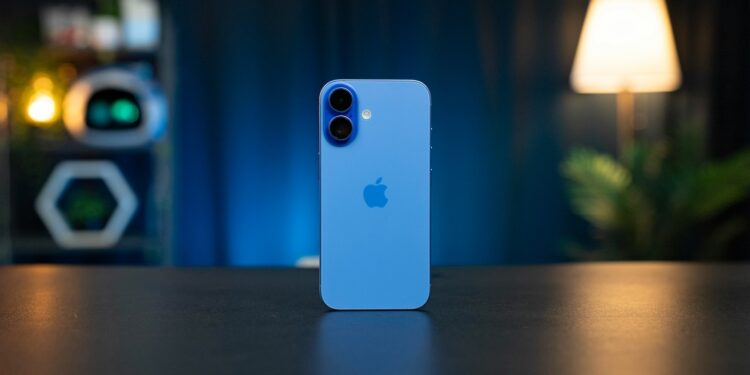Apple has made a surprising offer: the tech giant wants to invest $1 billion in Indonesia to lift the existing ban on the sale of the iPhone 16. This decision is the result of tough negotiations with the Indonesian government, which enforces strict local regulations for foreign technology companies.
History shows how global companies must respond to local challenges to keep their businesses afloat. Indonesia, an emerging market with over 270 million people, has clear requirements for foreign companies: if you sell here, you have to invest. For Apple, this is a crucial moment to prove how flexible and strategic they can be in responding to such situations.
The background to the sales ban
In October 2024 imposed Indonesia imposed a sales ban on the iPhone 16 because Apple did not meet the country's requirements that at least 40 percent of smartphone components must be produced locally. This regulation is intended to strengthen the domestic industry and create jobs. Apple initially tried to solve the problem with smaller investments: an offer of 10 million US dollars, followed by 100 million US dollars, was rejected by the Indonesian government as insufficient. These offers included plans for research and development facilities and the establishment of developer academies. But this was not enough for the government.
The new offer: $1 billion
Now Apple is offering $1 billion, a significant increase compared to previous proposals (via Reuters). This sum will be invested in several areas:
- Establishing local production partnerships.
- Establishment of additional developer academies.
- Promoting local research and development.
- job creation in Indonesia.
Indonesia's Investment Minister Rosan Roeslani called the offer the "first phase" of a larger commitment by Apple in the country, telling lawmakers that a written commitment from Apple was expected within a week.
Why Indonesia is important for Apple
Indonesia is not only the fourth most populous country in the world but also a fast-growing market for technology products. The large and tech-savvy population offers Apple enormous growth opportunities. At the same time, the government is making Indonesia attractive as a production location. It is therefore strategically important for Apple to find a long-term solution to local requirements.
Challenges for Apple
Despite the generous offer, there are challenges:
- Lack of manufacturing facilities: Apple currently has no factories in Indonesia. Building such facilities will take time and resources.
- Local supply chains: Compliance with the 40 percent rule requires the transformation of global supply chains, which is logistically complex.
- Political uncertainties: Changes in legislation or economic fluctuations could make investments riskier.
What Indonesia can gain
Apple's investment would be a significant step for Indonesia. It could create new jobs, promote local technology production and establish the country as a major player in the global technology value chain.
Apple's previous presence in Indonesia
Since 2018, Apple has been operating developer academies in Indonesia to nurture local talent in app development. However, the company currently has no production facilities in the country, which is a key disadvantage in the current negotiations.
The next step
The negotiations are at a crucial point. If Apple gives the required written commitment, the iPhone 16 could soon be available again in Indonesia. At the same time, this would mean a long-term commitment from Apple to actively support the local economy.
Strategic tug-of-war between Apple and Indonesia
With the offer of $1 billion, Apple is showing how important the Indonesian market is to the company. At the same time, the case illustrates how countries like Indonesia are using their position to demand investment and commitment from global companies. There is a lot at stake for both sides: Apple wants to secure its access to the market while Indonesia expects economic benefits and jobs. The coming weeks will show whether this strategy will work. (Photo by Unsplash / Amanz)
- Apple Music Replay 2024: Your musical year in review
- Apple's foldable iPhone: Hope for a struggling market
- iPhone 17 Pro: Will Apple keep the titanium frame?





